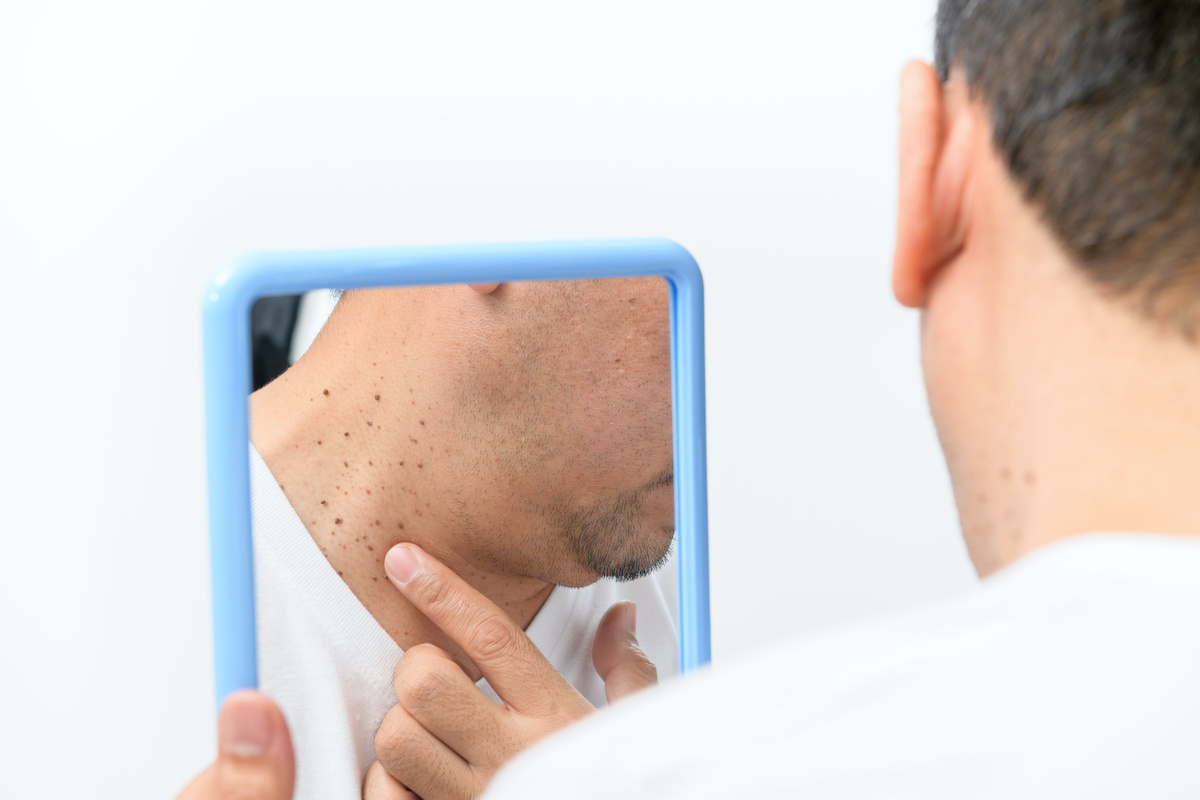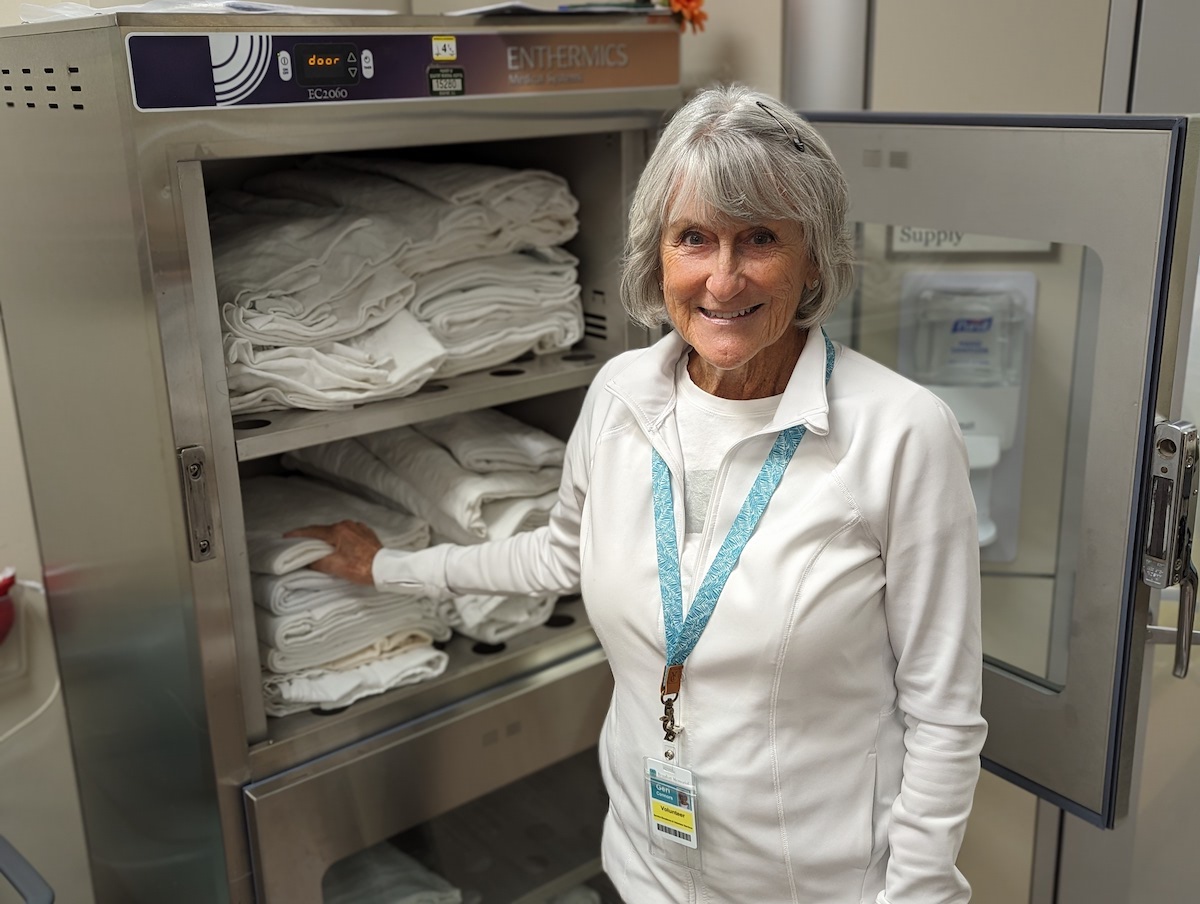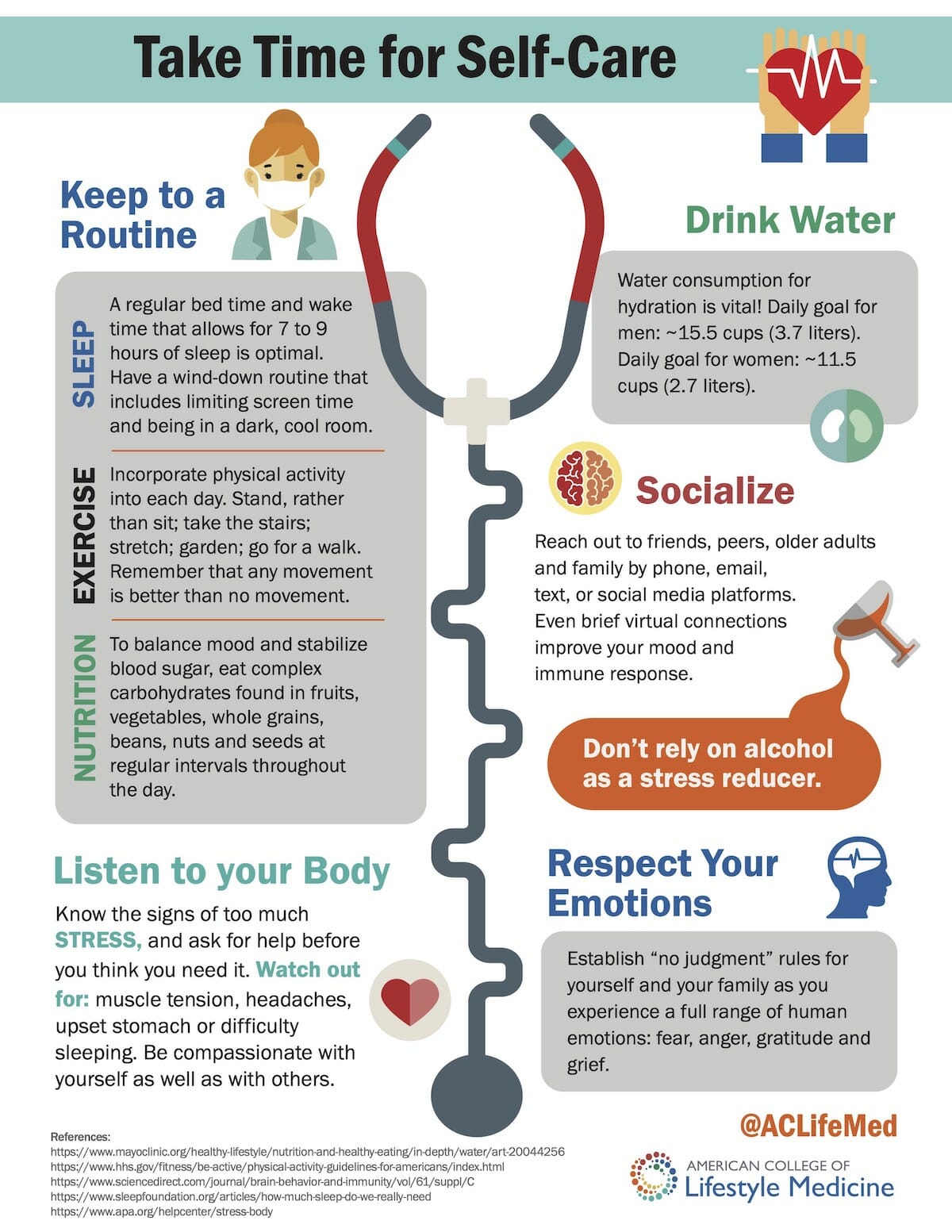loss associated with aging has been considered normal, just because it’s common,” stated Sarah Sydlowski, Au.D., Ph.D., MBA, president of the American Academy of Audiology. Sydlowski is also audiology director of the Hearing Implant Program and associate chief improvement officer at the Cleveland Clinic. “Although hearing loss is the third most common chronic health condition, it is not something we should ignore or learn to deal with. Hearing is what connects us to people; it keeps us vital as we age; it allows us to be successful in the workplace. We have one set of ears for our lifetime, and it is essential that we protect and nurture them.”
“While over-the-counter hearing devices will be fine for some, they will not work for everyone,” Sydlowski explained. “If a hearing device over-amplifies sound, it can damage hearing. Conversely, just wearing something in the ear is not enough to offset the side effects of hearing loss if sound is not amplified adequately.” There is also concern that over-the-counter hearing aid purchasers with significant hearing loss will be disappointed and may give up trying to correct their hearing. “For those, we hope that OTC hearing aids will be an entry point so that they can determine that they need a better solution,” added Sydlowski.
Using OTC HAs may be a way to get started managing hearing loss for adults who perceive mild to moderate hearing difficulty. For instance, consumers who can hear easily in quiet, one-on-one situations but have difficulty in groups, may be good candidates. Or, if there are a few difficult listening situations when they feel OTC hearing aids would help (as opposed to most situations), OTC may be a situational solution. If turning up the volume on the phone or TV just slightly helps them to hear better, OTC hearing aids may help in certain situations.
Here are important tips for anyone considering OTC hearing aids:
See an audiologist first. “An audiologist can test your hearing and determine if you’re a good candidate for OTC hearing aids,” said Sydlowski. “Hearing loss can happen gradually, and research shows that people have a hard time determining how much hearing loss they may have. A professional assessment will help you to determine whether OTC hearing aids will work effectively for you or if a prescription hearing aid or even an implantable device like a cochlear implant is more appropriate.” Hearing evaluations are nearly always covered by insurance, even if hearing aids are not, and knowing appropriate options for you could save considerable dollars in the long run.
Don’t use an OTC hearing aid if any “red flags” are present. If a difference in hearing between ears is obvious, or symptoms like pain or drainage from the ear are present, it’s important to see a physician or audiologist before proceeding with an OTC hearing aid. Tinnitus (ringing) in one ear, fullness or pressure in your ears, or a sudden hearing loss are other reasons to see a professional.
Check the OTC hearing aid return policy before you buy. The FDA does not require that OTC hearing aids be returnable but states that device packages indicate the return policy. There are many factors to successful hearing aid use and not all devices will be created equally so it’s important that consumers have the option to return. Also be sure to note that devices can be sold refurbished but must be labeled as such.
Understand the device’s settings and programming. Not all OTC hearing aids are the same. Make sure the device fits your lifestyle and has settings that can reflect your hearing needs. Understand fully how to adjust the device and its capabilities. If you’re not sure if the OTC hearing aid is doing all it needs to do, an audiologist can measure the settings against your hearing loss and discuss the benefits and limitations with you.
“I cannot stress enough the importance of seeing an audiologist,” Sydlowski added. “In addition to providing a hearing test and a personalized hearing needs evaluation, they will be knowledgeable and capable of making recommendations, programming a device and ensuring that patients have the best possible outcome and experience.” Audiologists are doctoral level professionals who are trained to evaluate hearing, diagnose hearing loss, and help to optimize hearing health and communication through safe and effective use of hearing aids and other devices, realistic expectations, and benefits and risks associated with the use of either OTC or prescription hearing aids.
“No matter what type of hearing aids chosen, an audiologist can help ensure that consumers get the most out of them,” said Sydlowski. “Audiologists can also ensure that hearing healthcare needs are addressed over time as hearing or demands on hearing change, starting with hearing loss prevention and including all types of hearing loss management.”
The American Academy of Audiology has multiple documents, frequently asked questions and information on OTC and prescription hearing aids. Visit www.audiology.org/ consumers-and-patients/managing-hearing-loss/consumers-and-otc-hearing-aids/ for more information. To find an audiologist in your area, visit www.howsyourhearing.org.









